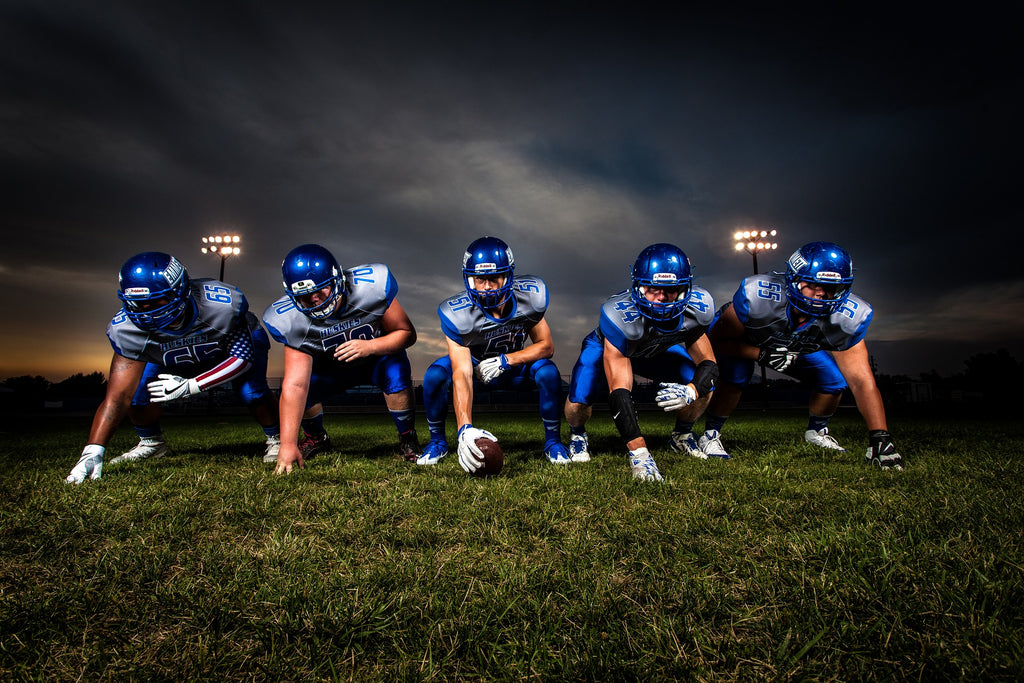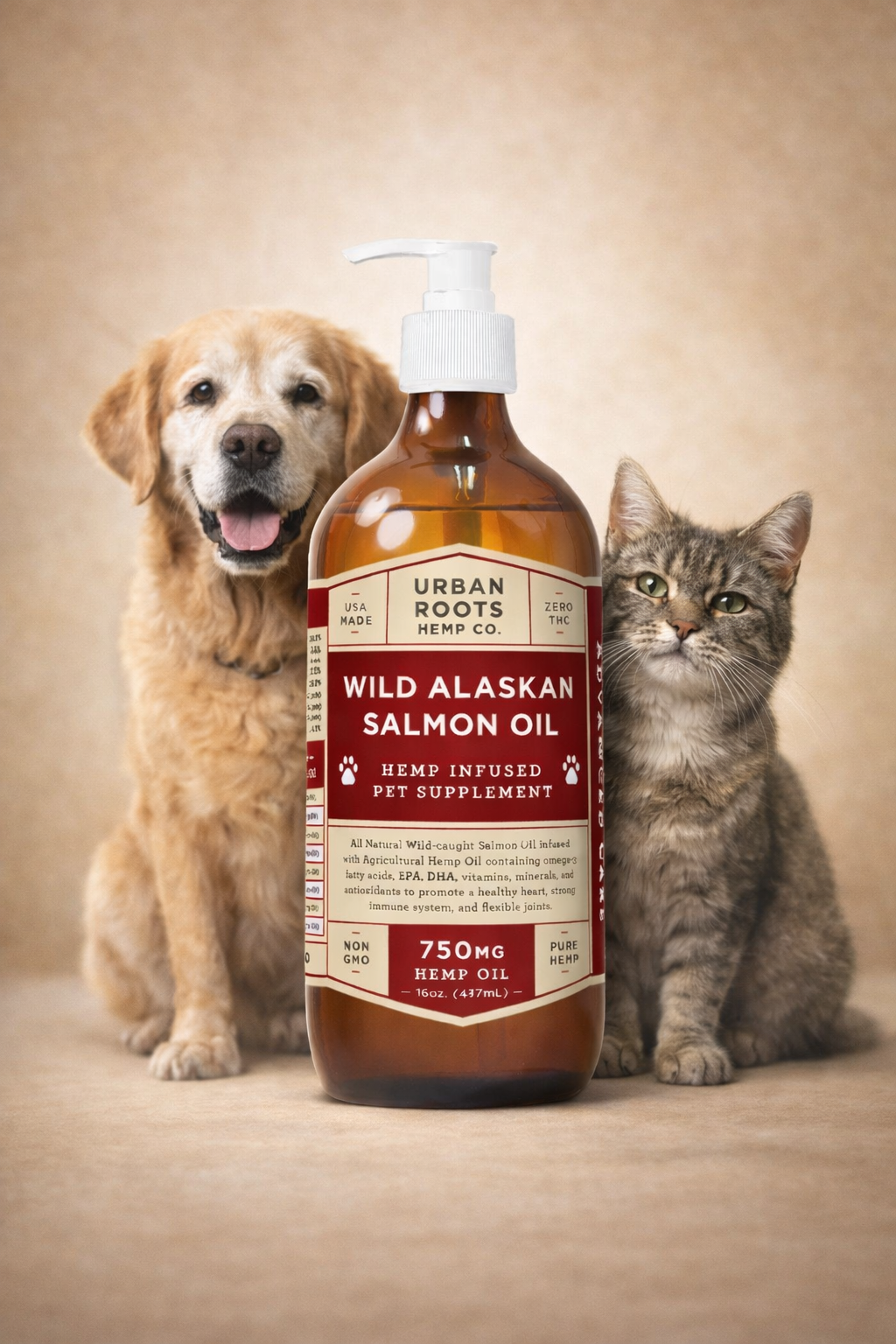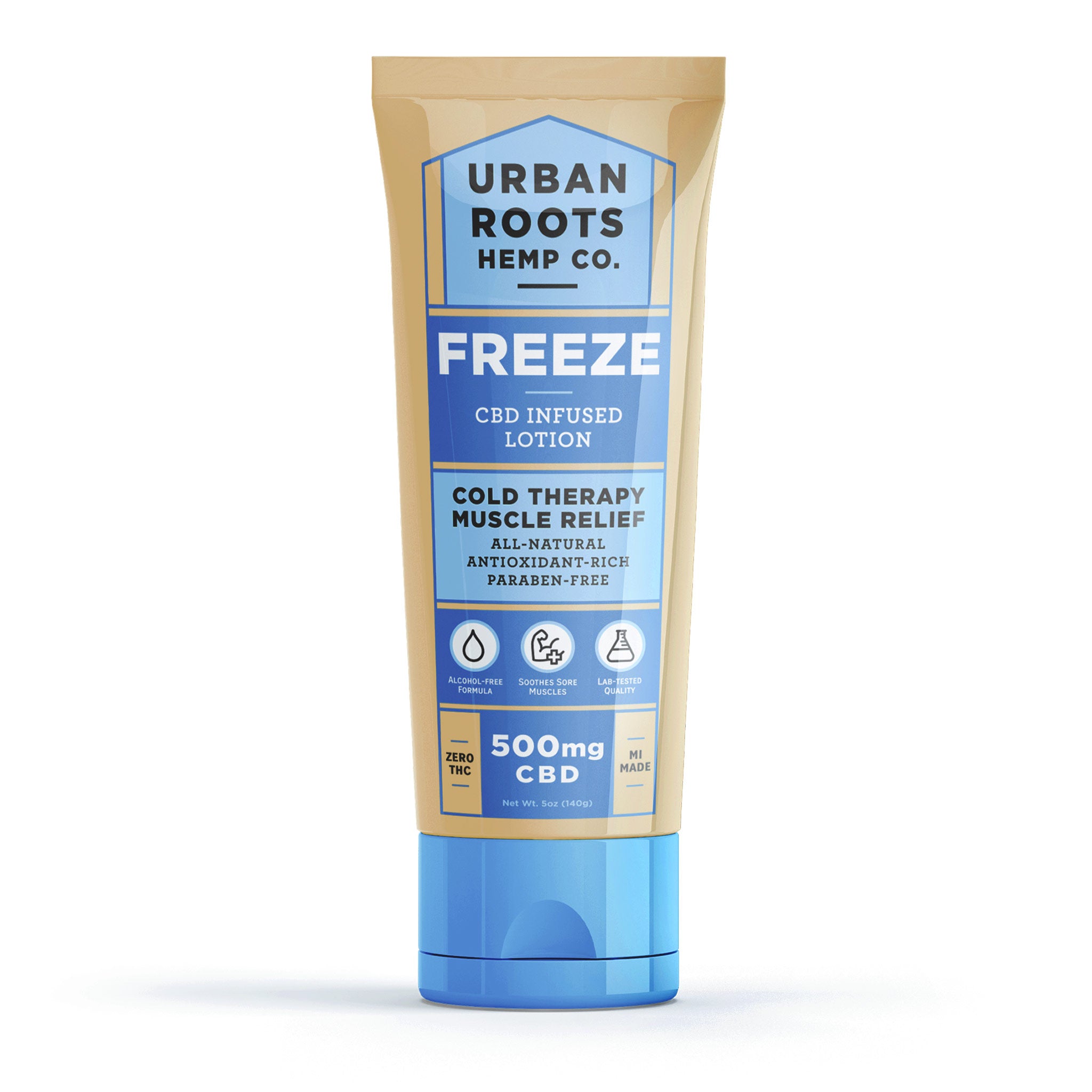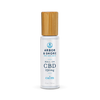The NFL Grants $1 Million for CBD Research


Big news for the CBD industry! The National Football League (NFL) recently announced that they are awarding $1 million in research funding to two teams of medical researchers at the University of California San Diego and University of Regina. The goal of the research? To determine whether or not CBD products have any positive effect on pain management or neuroprotection.
Although the NFL is just looking into the efficacy of CBD, not necessarily giving it its stamp of approval yet, even them being willing to provide research dollars is indicative of how “mainstream” CBD has become. It’s a huge vote of confidence to the potential efficacy of CBD and lends credibility to it for people who are still on the fence about whether or not it’s just “a bunch of hype”.
The History of CBD in the NFL
The NFL has allowed players to consume CBD products for pain management since 2020, per the National Football League Player Association agreement. The NFLPA represents players in all matters concerning wages, hours, and working conditions—essentially protecting players’ rights within the league.
After being called on by more and more players, the NFLPA was forced to look at the CBD issue and eventually alter previous restrictions prohibiting its use. Looking for alternatives for inflammation, soreness, and general pain management, players took the lead in 2020, presenting the evidence of CBD’s effectiveness and safety to the NFL, which yielded.
Since then, NFL players are allowed to use CBD oil products to enhance their wellbeing and health under the NFLPA agreement, as long as those products do not contain any THC.
New Developments with the NFL and CBD
With the recent announcement, the NFL is moving beyond simply tolerating players’ use of CBD and fully embracing its potential. Here is what the NFL had to say on their website about the funding and purpose of the studies:
(1) "Effects of Cannabinoids on Pain and Recovery from Sports-Related Injuries in Elite Athletes: A Randomized Clinical Trial" led by Drs. Thomas Marcotte and Mark Wallace, with colleagues at the University of California San Diego.
The primary aim of this clinical trial is to assess the therapeutic efficacy and adverse effects of ∆-9-tetrahydrocannabinol (THC), cannabidiol (CBD), and combined THC/CBD, compared to placebo, for relief of post-competition soft-tissue injury pain in elite athletes.
(2) "Naturally Produced Cannabinoids for Pain Management and Neuroprotection from Concussion and Participation in Contact Sports" led by Dr. J. Patrick Neary and researchers at the University of Regina.
The specific goal of this project is to determine whether cannabis/hemp based cannabinoids, i.e., cannabidiol (CBD) and tetrahydrocannabinol (THC), can be used safely and effectively for pain management and to reduce the use of prescription medications including opioids in post-concussion syndrome athletes. An additional goal is to assess the neuroprotective properties of cannabinoids to reduce the incidence or severity of acute and chronic concussion in professional football players.
"As with the league's broader approach to health and safety, we want to ensure that our players are receiving care that reflects the most up-to-date medical consensus," said Dr. Allen Sills, NFL Chief Medical Officer. "While the burden of proof is high for NFL players who want to understand the impact of any medical decision on their performance, we are grateful that we have the opportunity to fund these scientifically-sound studies on the use of cannabinoids that may lead to the discovery of data-based evidence that could impact the pain management of our players."
"The NFL-NFLPA Joint Pain Management Committee is thrilled with the results of this process. We received over 100 proposals from top clinicians and researchers from around the world," said Dr. Kevin Hill, Co-Chair, NFL-NFLPA Joint Pain Management Committee, Director of Addiction Psychiatry at Beth Israel Deaconess Medical Center, Associate Professor of Psychiatry at Harvard Medical School. "The NFL is eager to advance the science of pain management and performance in an effort to improve the health and safety of the players."
What Do We Know about CBD and Pain Management?
We’ve talked a lot about CBD for pain and inflammation in past articles of ours. It’s one of the most popular and widespread reasons that people consume both CBD and THC. There’s a wide variety of existing products that are already available throughout the country, ranging from topical ointments to oils and capsules that are consumed orally.
Medical professionals are still trying to understand and build a consensus around why exactly CBD works so well at relieving pain and inflammation. We don’t have the full picture yet, but they know that it has to do with the unique way that it interacts with receptors in the brain (specifically, serotonin receptors) and the immune system. That is another reason why research funds like those provided by the NFL are so important—so we can build a better and fuller picture of how CBD works.
Here's What the Evidence Says
Studies, such as this investigation published in the Journal of Experimental Medicine, reported that CBD reduces inflammation in laboratory mice. A later study found that it has a comparable pain reducing effect in humans, without any adverse side effects. Futhermore, a clinical trial undertaken by the pharmaceutical company Zynerba found that a CBD based, topical drug provided pain relief to patients suffering from knee osteoarthritis.
Daniel Clauw, MD, professor of anesthesiology at the University of Michigan and consulting doctor for this clinical trial, had this to say:
“I don’t think we have that many good drugs for pain, and we know that CBD has fewer side effects than opioids or even nonsteroidal anti-inflammatory drugs, which can cause bleeding and cardiovascular problems,” he says. “If I have an elderly patient with arthritis and a little bit of CBD can make their knees feel better, I’d prefer they take that than some other drugs.”
Another study from 2019 evaluated the effects of CBD hemp extract on opioid use and quality of life indicators in patients with chronic pain. An initial sample of 131 patients was recruited from a private pain management center's investigative population. Of those, 97 patients completed the 8-week study. The majority of the patients included were between 30 and 65 years of age, suffered from chronic pain, and had been on opioids for at least 1 year.
53% of the chronic pain patients greatly reduced or completely eliminated opioid use within eight weeks of adding CBD to their regimen. 94% of the CBD users in the study reported an improvement in their quality of life. The study concluded that “CBD could significantly reduce opioid use and improve chronic pain and sleep quality among patients who are currently using opioids for pain management.”
CBD and Football Players
CBD’s potential benefits to football players are obvious. It may help control pain while reducing the use of prescription and over the counter pain and inflammation medications that have serious long and short term side effects. We hope that the NFL-funded research confirms what many other studies have found: that CBD is a safe and effective way to treat and management pain.
We will keep you informed with any new developments concerning CBD and the NFL!









